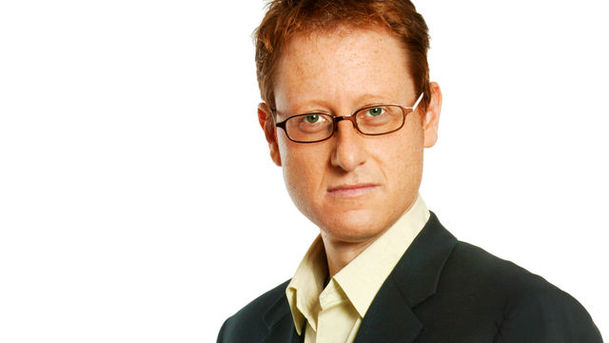The Long View - 19/10/2010

The world of sport is reeling from another blow to its fundamental philosophy - that what you see in a sporting encounter is the best competitors, trying their utmost and winning because, on the day, they were the best. Now, it seems, gambling on the outcome of that contest is corrupting the contest itself. The public, even those who enjoy betting, are faced with the possibility that those involved in sporting contests may not be giving their all. Indeed it may be that their actions are just as likely to be for personal gain as they are for victory. The result - the honourable sporting spirit is exposed as a sham and the sporting authorities are desperate to find a way of preserving and maintaining their good name and the good name of their sports. That's the story today after the Spot Fixing allegations facing three Pakistani cricketers surfaced in the News of the World Newspaper. But it was also a crisis that faced the hugely popular sport of bare knuckle prize fighting in 18th and 19th century Britain. Jonathan Freedland takes The Long View of sports' uneasy relationship with the gambling business. Back in the early days of fighting, and indeed cricket, gambling was the engine that drove sport. Prize fighters could expect no fee other than money gathered from the various bets made prior to their fights. While the spirit of noble combat prevailed all was well, but it wasn't long before fighters started responding directly to those making the bets or simply bending the rules to suit their own ends. How the boxing promoters of the day dealt with the problem and how the Cricketing and sporting authorities in general are dealing with it today is the subject of this edition of the Long View. Joining Jonathan are the historian and one time Olympic medallist Peter Radford, the former cricketer and now commentator and analyst Simon Huges, and the sports promoter, Barry Hearn. Producer: Tom Alban.